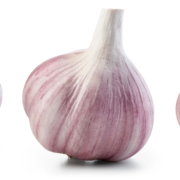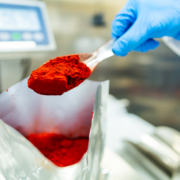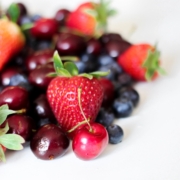These are the top five prebiotics according to the latest research
There is growing evidence that consuming prebiotics – certain types of fibre often found in plants that stimulate beneficial bacteria in your gut – can help to maintain a healthy gut microbiome. In a new study, scientists estimated the prebiotic content of thousands of food types by using preexisting literature to find out which foods […]












